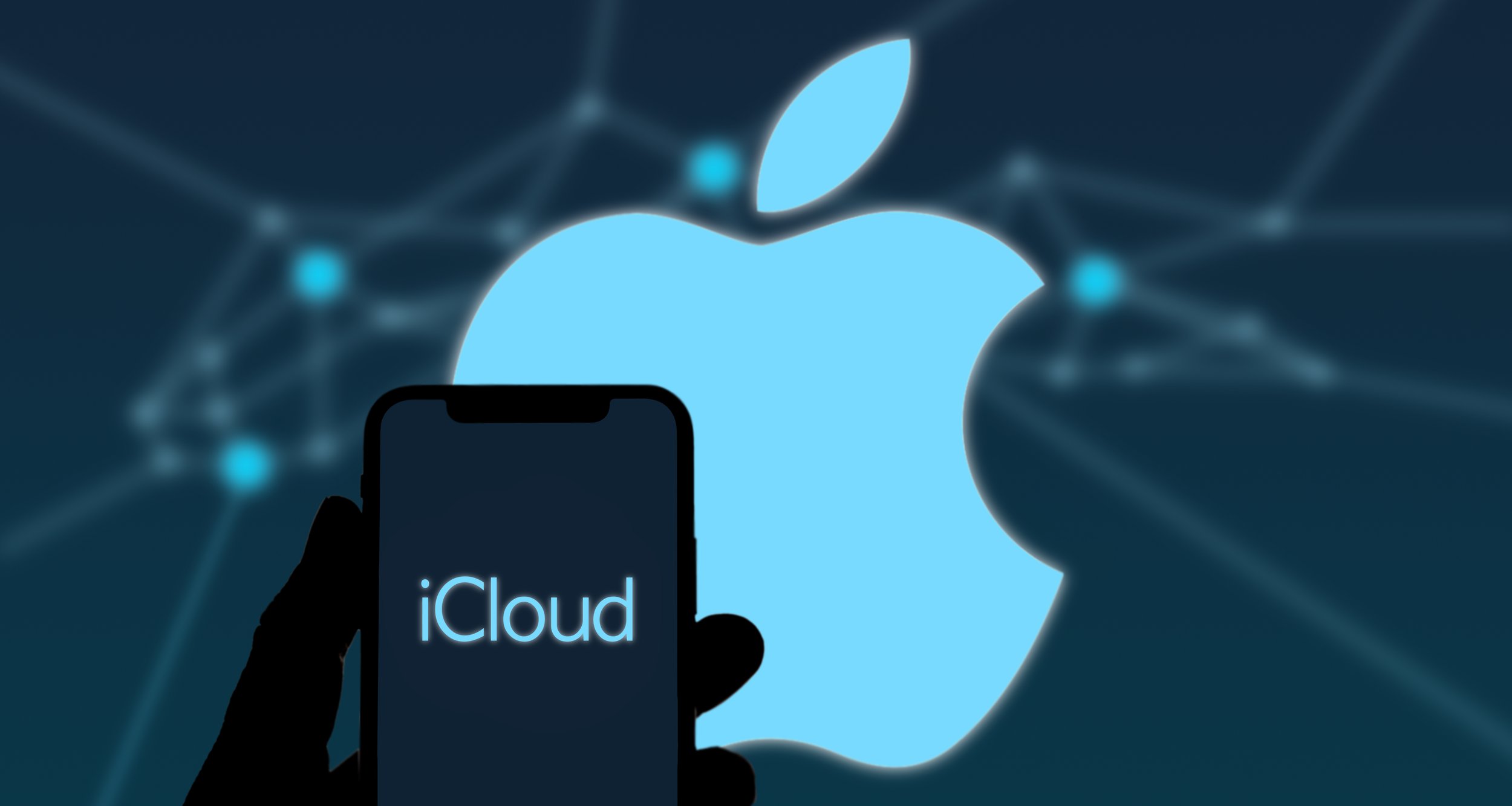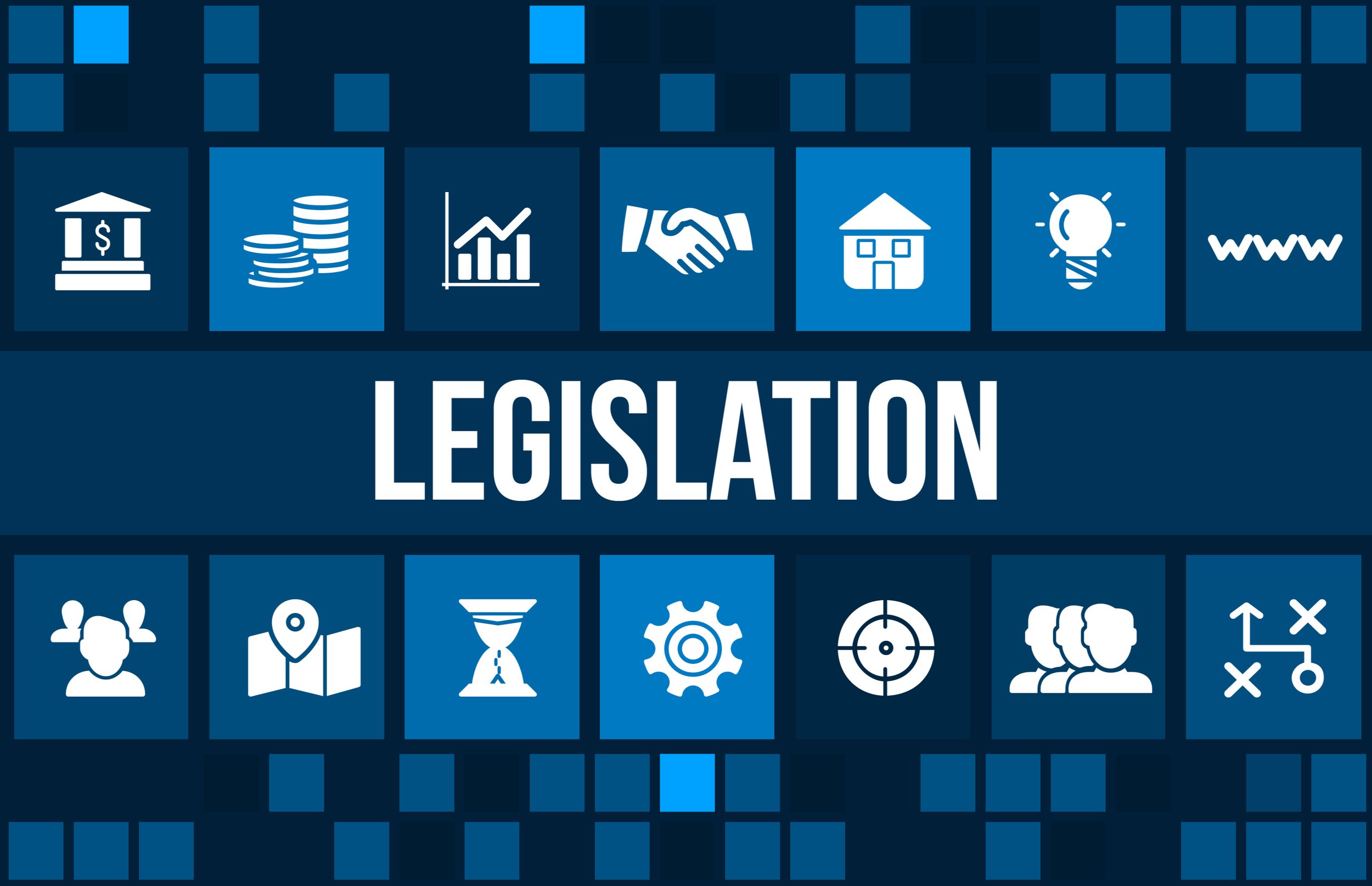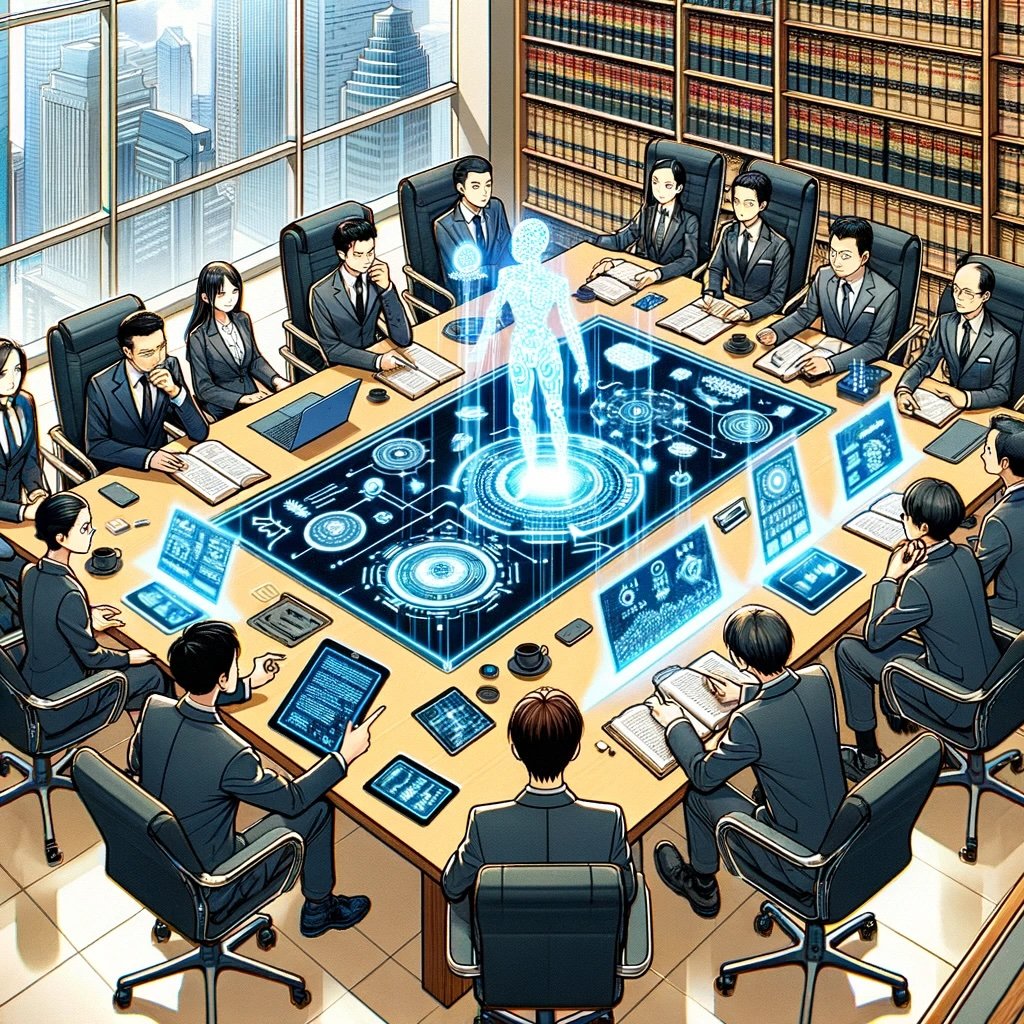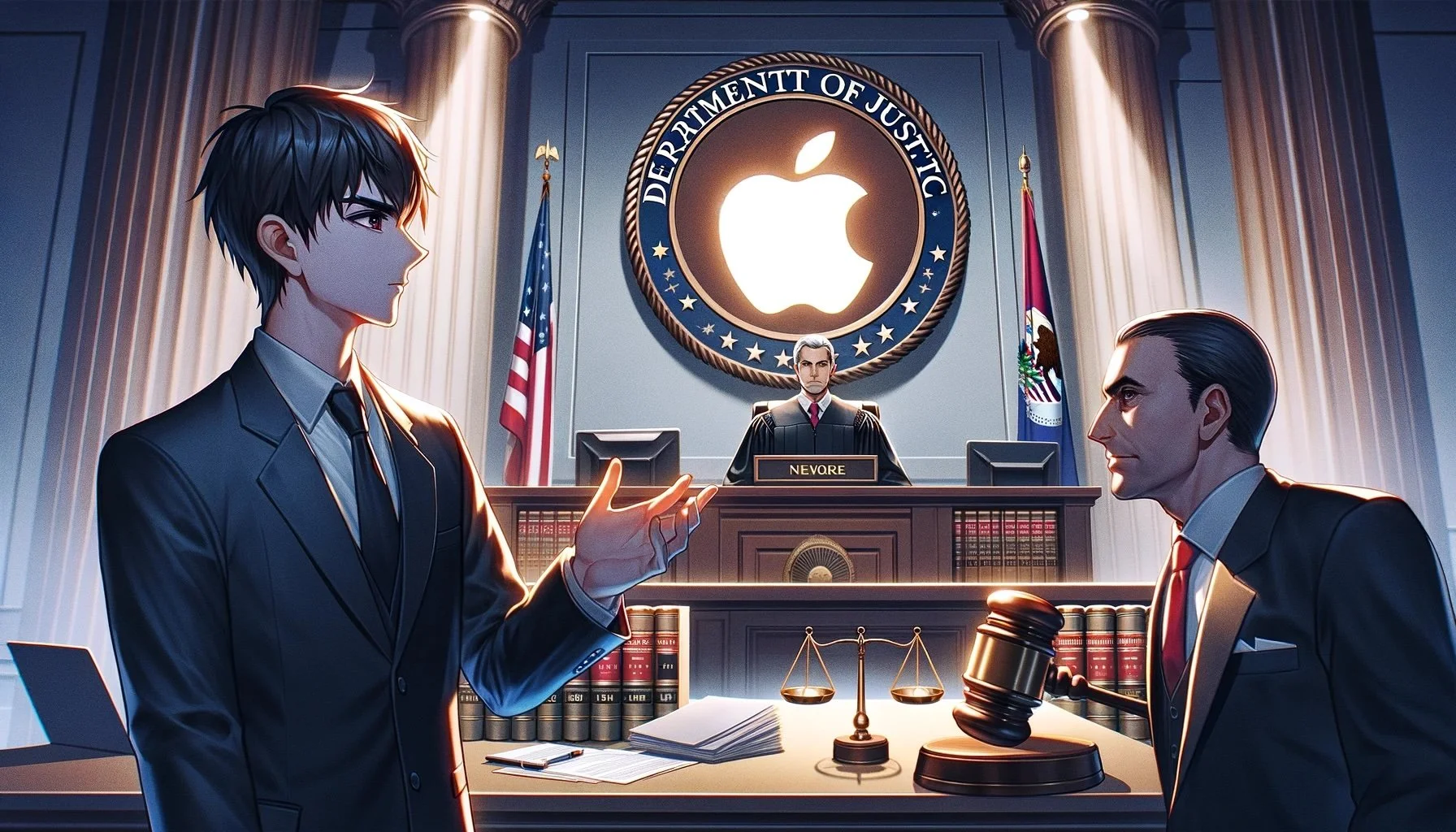📱 My Two Cents: Understanding Digital Footprints: Lessons from a Lawsuit Against Apple! ⚖️
/In today’s digital age, It’s important that lawyers understand the impact of digital footprints in the courtroom.
In the digital age, the traces we leave behind on our devices can have profound implications, both personally and legally. This reality was starkly highlighted in a recent case where a man sued Apple after his wife discovered his deleted iPhone messages on their family iMac, leading to their divorce. This incident underscores the importance of understanding digital footprints and their potential consequences.
The Case in Brief
The lawsuit revolves around a man who believed his deleted iPhone messages were permanently erased. However, due to iCloud synchronization, these messages were accessible on the family iMac. His wife discovered these messages, which contributed to the breakdown of their marriage. In response, he filed a lawsuit against Apple, alleging that the company's failure to ensure the complete deletion of his messages led to his divorce.
The Technical Background
Apple's ecosystem is designed for seamless synchronization across devices. iCloud, Apple's cloud service, enables this by storing data such as messages, photos, and documents in the cloud. When a user deletes a message on their iPhone, it may not be immediately or permanently removed from all synced devices. This synchronization feature, while convenient, can inadvertently expose private information if users are not fully aware of how it works.
Legal Implications
Apple is bening sue for privacy invasion because a user’s illicit activities where exposed to someone else on their shared account? 🤨
From a legal perspective, this case raises several important issues:
Expectation of Privacy: Users often assume that deleting a message or any data on one device ensures its permanent removal. This case challenges that assumption and highlights the need for better user education on how data synchronization works.
Data Management and Control: The case underscores the necessity for clear and comprehensive user controls over data management. Users should have straightforward options to permanently delete data across all devices and cloud services.
Liability and Responsibility: The lawsuit against Apple raises questions about the liability of tech companies in ensuring user privacy. Should companies be held responsible for educating users about potential data remnants across synced devices? This case might set a precedent in defining the extent of a company's responsibility in protecting user data.
(The Tech-Savvy Lawyer.Page is about teaching the public how technology can impact the practice of law. It’s not about offering legal opinions. Meanwhile, questions arise about how can a man who apparently uses a shared account complain that other members of the account can see his communications (including years’ worth of texts with prostitutes], but I digress).
Lessons for Legal Professionals
Attorneys need to inform their clients about the legal implications of their digital footprint!
As legal professionals, it is crucial to understand the intricacies of digital footprints and the potential legal ramifications for clients. Here are some key takeaways:
Educate Clients on Digital Footprints: Make sure clients are aware of how digital data is stored, synchronized, and deleted. This includes understanding cloud services and their impact on data privacy.
Advise on Best Practices: Encourage clients to regularly review their privacy settings on all devices and cloud services. Suggest periodic audits of their digital data to ensure no unintended remnants are accessible.
Stay Informed About Technology: The legal field must keep pace with technological advancements. Understanding how different platforms and services handle data can help in advising clients accurately and effectively.
Consider Digital Footprints in Legal Strategies: In cases involving digital evidence, such as divorce or corporate litigation, consider the potential existence of data remnants on synced devices. This can be crucial in building or defending a case.
Conclusion
Lawyers need to strategize about how “digital footprints” can be used in the court - for both good and bad!
The case against Apple serves as a reminder of the pervasive nature of digital footprints. In our interconnected world, understanding how data synchronization works and its implications for privacy is vital. For legal professionals, this knowledge is not just beneficial but necessary in navigating the complexities of modern legal challenges. By staying informed and proactive, we can better protect our clients and ourselves from the unintended consequences of our digital lives.
MTC



































